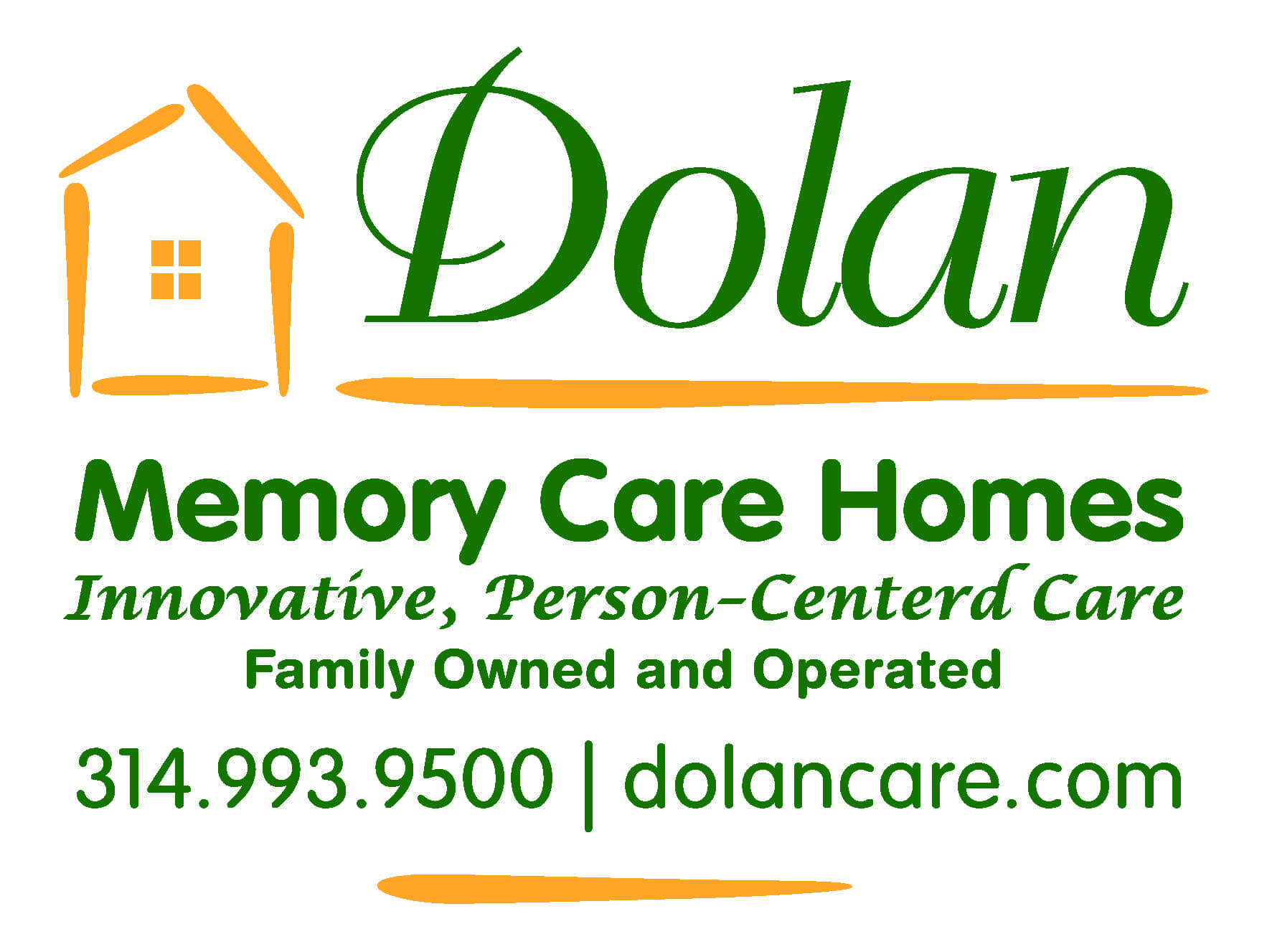Supportive Living
- Home
- Services
LEARN ABOUT SUPPORTIVE LIVING
We make their lives as comfortable and fulfilling as possible
Our homes are built specifically for those with Alzheimer’s and dementia, filled with helpful living cues, stimulating activities, safety and security measures, and more to make their lives as comfortable and fulfilling as possible. We call this supportive living, and practice it day in and day out at Dolan.
Dignity is a Core Value at Dolan and the goal of everything that we do. We believe that medical care, quality staff, and excellent program are crucial, but research has proven that the design of the living environment tremendously helps with people’s well-being and outlook. Our innovative model of home is a key part of our care-model. One new resident remarked that he always felt like an “outsider” at his previous skilled nursing facility, but felt a part of the community since moving into a home customized for his condition.
Sadly, in comparison with many other fields, designing for people living with dementia does not have a large knowledge base. As innovators in this field, we are happy to share photos of our homes, highlight designs and the rationale behind them, and connect others with the latest research in dementia-specific designs. We advocate for all caregivers and designers to learn about the best practices from our decades of experience and to incorporate these design principles into the structure of their home designs and remodels. People with dementia can maintain their identity and dignity and thrive with the right environment.
Read more about dementia-related design here.
Social Interaction and Music
Food Choices and Decision Making
Independent Dressing
Supportive Activity and Concentration
Management of Wandering Behavior
Supportive Cues
Incontinence
Attention Span
Disorientation
Schedule A Tour
“As long as people have a need, and I can provide a place, I’ll keep doing it.”
-Tim Dolan, Founder


